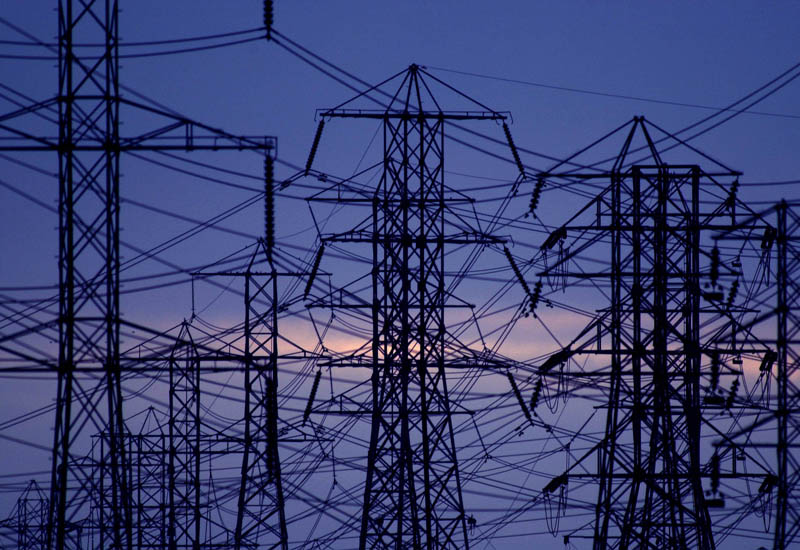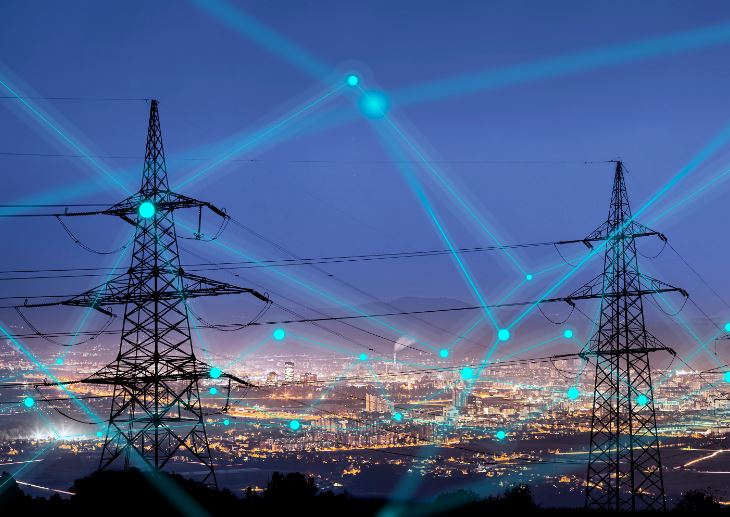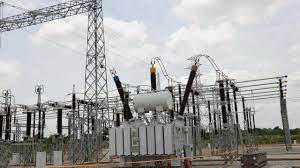17 May 2015, Abuja – The Nigerian Electricity Regulatory Commission has said the talks between Nigeria and Russia’s Rosatom to build nuclear power plants in the country are ambitious but the nation does not have a specific framework for the generation of energy from nuclear sources.

An international media organisation had reported last month that Nigeria was a step closer to building four nuclear power plants at an estimated cost of $80bn.
It was reported that the country had signed an agreement with Rosatom to cooperate on the design, construction, operation and decommissioning of an atomic power facility, with the Chairman and Chief Executive Officer, Nigeria Atomic Energy Commission, Franklin Osaisai, said to have confirmed the deal.
But when our correspondent contacted NERC on Friday, it said there was a system in place for the licensing of companies intending to generate power, but added that there was no specific framework for nuclear power generation.
The Chairman, NERC, Dr. Sam Amadi, said in a text message to our correspondent, “If anyone wants to generate power through nuclear energy, they will apply for a licence. We have a framework for licensing, but not specifically for nuclear power.”
The first nuclear plant in the country is expected to be operational by 2025.
“It will be increased to four plants with a total capacity of 4,800 megawatts by 2035, with each facility costing $20bn,” Bloomberg quoted Osaisai as saying.
One megawatt of nuclear power can provide electricity for 2,000 average in homes Europea or nearly 333 in Japan.
Rosatom will hold a majority stake in Nigeria’s nuclear facilities, while the rest will be owned by the host states, with roles to be defined in contractual agreements, Osaisai said.
The plants would be financed by the vendor, which would then build, own, operate and transfer them to the government, he noted, adding that the Nigerian government “will enter a power-purchasing agreement for the nuclear plants.”
Though NERC is the regulator of the country’s power sector, Amadi stressed in his response to our correspondent’s enquiry, “We are not responsible for directly managing nuclear energy.”
Nigeria has no experience in developing and operating nuclear power plants but has a gamma facility and small reactors producing around 30 kilowatts for research, Osaisai said on the NAEC website, adding that nuclear power would guarantee long-term energy supply.
“We have an intergovernmental agreement with Nigeria but no concrete decisions have been made,” a Rosatom spokesman was quoted as saying.
One nuclear power plant costs between $5bn and $8bn, a source at the company said. Currently, 80 per cent of Nigeria’s power plants are gas-fired.
Nigeria has since 2004 sought the support of the International Atomic Energy Agency to develop plans for up to 4,000MW of nuclear capacity by 2025, according to the National Programme for the Deployment of Nuclear Power for Generation of Electricity.
The nation had hoped to begin construction in 2011 and start the nuclear power production in 2017-2020.
As of 2004, nuclear power provided 6.5 per cent of the world’s energy and 15.7 per cent of the world’s electricity, with the United States, France and Japan accounting for 57 per cent of all nuclear generated electricity. By 1999, France was reportedly getting more than three-quarters of its electricity from nuclear power.
As of 2007, the IAEA reported there were 439 nuclear power reactors in operation in the world, operating in 31 different countries.
The US is said to produce the most nuclear energy, with nuclear power providing 20 per cent of the electricity it consumes.
France was said to produce the highest percentage of its electrical energy from nuclear reactors—80 per cent as of 2006. In the European Union as a whole, nuclear energy provides 30 per cent of the electricity.
Japan also obtains 35 per cent of its electricity from the atom, while China has the world’s most ambitious nuclear programme, with plans to have more than 50 reactors by the year 2020.
– Punch



